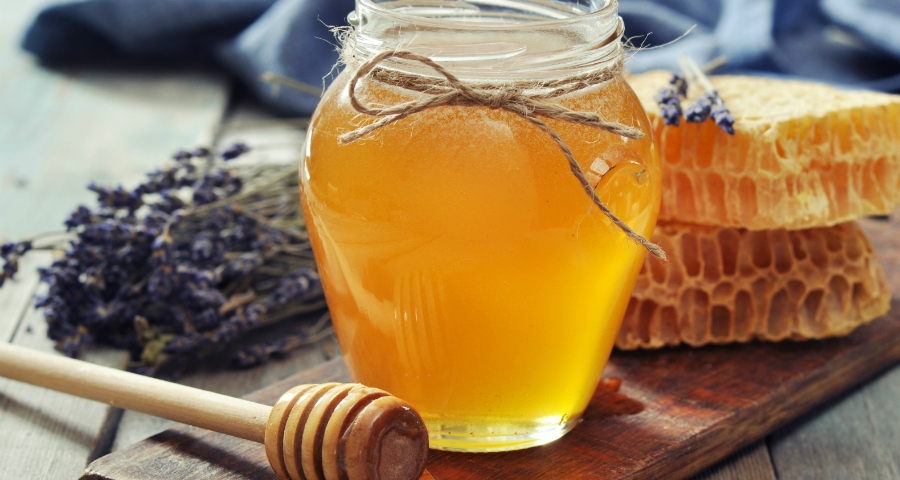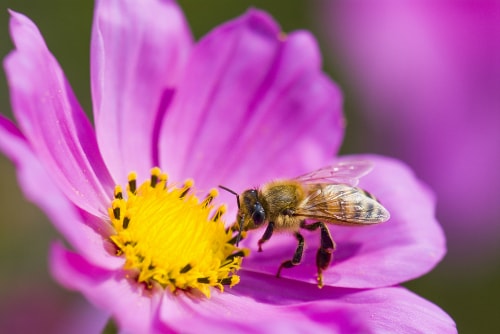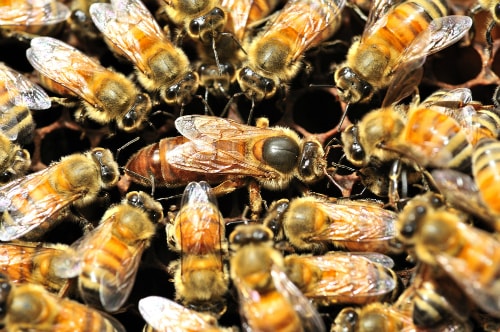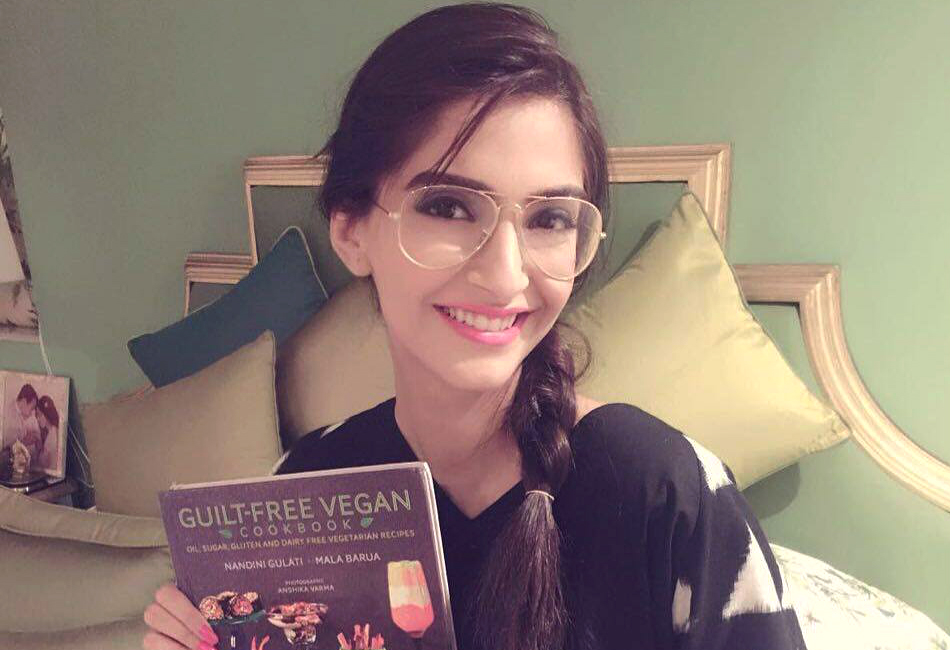Download Free Vegan Starter Kit -

Honey : Not As Bee-autiful As You Might Think!
Here are some facts about honey that might reveal some glaring facts about the process of extraction of honey. You'll be surprised to know that it isn't all that amazing. From the treatment of the bees to the honey itself, there is lot more you need to know before consuming this golden liquid jar of sunlight! Yes. This jar of liquid sunlight, the all time favorite at the breakfast table, Winnie the Pooh’s very own endorsement, honey, isn’t half as innocent as it seems to be. A shout out to all the vegans in the house, and to those of you who are still on the other side, get ready for a swift makeover that’ll have you pushing aside the jar of honey the next time you sit down to your morning pancakes. Now presenting, five not-so-fun facts about honey, tried and true!
1. Bees are more intelligent that you can imagine!
The regular honey bee is one of the most intellectual creatures in the insect world. Humans have been studying the behavior of bees for centuries, and for good reasons. Bees use the very science of geometry and physics to convey information.
The forager bee, after having discovered a potential food source, returns to it’s hive and performs a calculated dance, orienting itself along lines that point towards the source. These vectors traced out by the bee’s dance are clearly interpreted by the fellow foragers and they collectively flock to productive areas.
Now you see, that the possibility of justifying the exploitation of bees because they might seem intellectually inferior has gone right out the window.
-min.jpg)
2. Bees are organisms that feel pain too!
We often dismiss our impact on organisms around us on the grounds that ‘they cannot feel pain.’ Bees are creatures with developed nervous systems capable of transmitting pain signals. We are all acquainted with the fairly unpleasant process of honey extraction.
So instead of having pity for the ‘big-man in the white suit with the smoke torch’, we’d rather extend our sympathy to the fuzzy buzzy striped fliers who are having their larder raided while they are also left to suffocate in the vicinity.
3. The Queen bee is not given the royal treatment that she deserves!
The enslavement of bees is recognized as a phenomenon, and almost all bee farms worldwide are responsible for it. Bees only synthesize honey, or royal jelly, if they have a queen to serve. No surprise, many beekeepers work towards obtaining more queen bees. Most often, these queen bees are artificially inseminated by crushing male bees for their sperm, which is forcefully injected into mature queen bees.
A first class travel pass for these in-bred queen bees is a small wooden coffin with a mesh, the size of a prep school pencil box. Many queen bees die in transit, and those that make it have their wings cut off and are introduced into existing caged colonies.
4. Honey does not come directly from the flowers, they are a by product!
Despite the picture we paint of honey being the direct, pure essence of fragrant flowers, the truth is that honey is nothing but the re-cycled vomit of a bee. After feeding off nectar from flower stalks, bees return to their hives and regurgitate this stored nectar from their stomach, adding a number of enzymes and body secretions on the way.
Bees repeat this process up to fifty times before finally depositing the honey into their cells, which, you might again note, is used for the purpose of feeding young bees and lining and protecting the honeycomb.
5. Bees play a crucial role in the ecosystem!
Owing to their constant state of activity, furry coats that catch pollen and tendency to wander far and wide, bees make for award-winning pollinators. If you completely wiped out the population of bees from the planet, close to fifty percent of currently available food stuff and food sources as we know them would disappear. Thus, saving them and protecting them is more vital to our existence than theirs!

So while honey will continue to lure and delight, a thorough insight into the implications of honey consumption and harvesting might just be the convincing factor to take your mind off it’s sunlit perfection and focus instead on moving towards a more organic, friendlier lifestyle.
Like This?
Read: Q & A: Is Honey Vegan Friendly?
Read More: Is Consuming Honey Okay? Abhay Rangan tells us More?
AUTHOR

trending
Be a Vegan First Informer
Send us buzzworthy news and updates
related
Explore
Contact Us
About Us
Stay Connected
Copyright ⓒ 2017-2023. VEGAN PASSION PRIVATE LIMITED. All Rights reserved.
For more information, please write to hello@veganfirst.com
Registered Office Address: 55, 2nd floor, lane 2, Westend Marg, Saidullajab, Near Saket Metro Station, New Delhi, Gadaipur, New Delhi South West Delhi, DL


2.png)

.png)

.png)
2.png)
2.png)
2.png)


1.png)



3.png)






